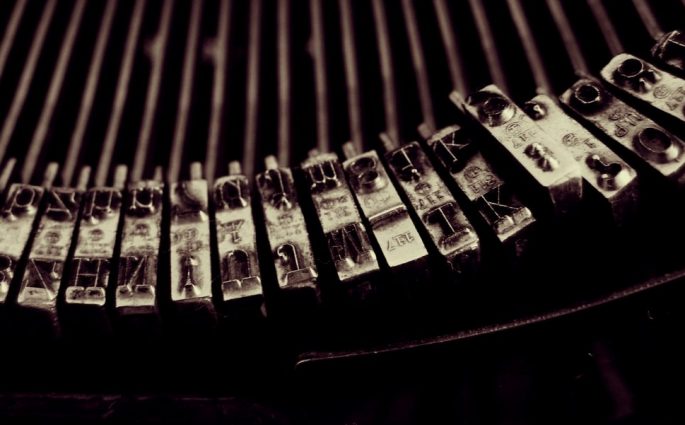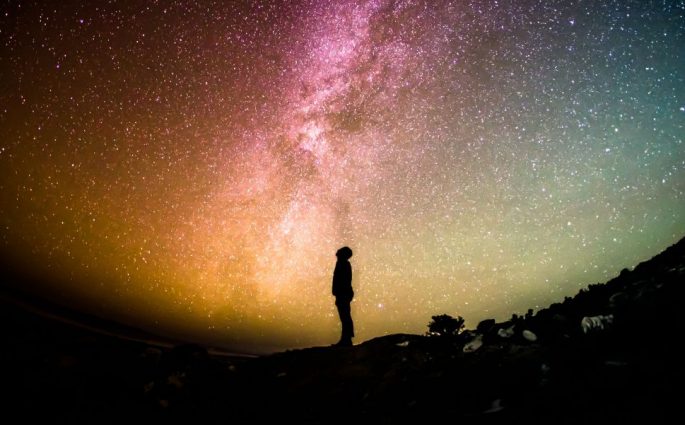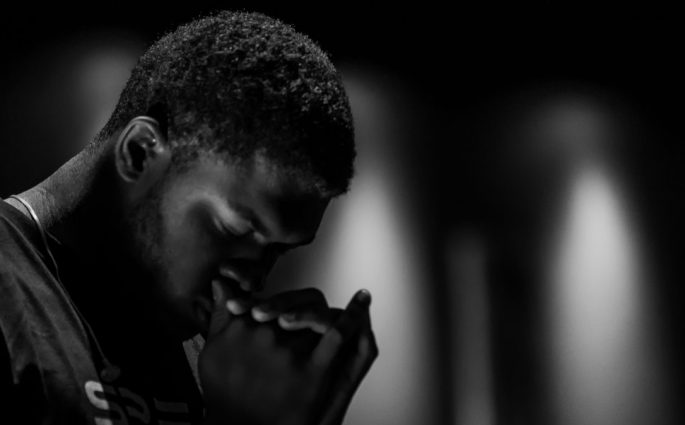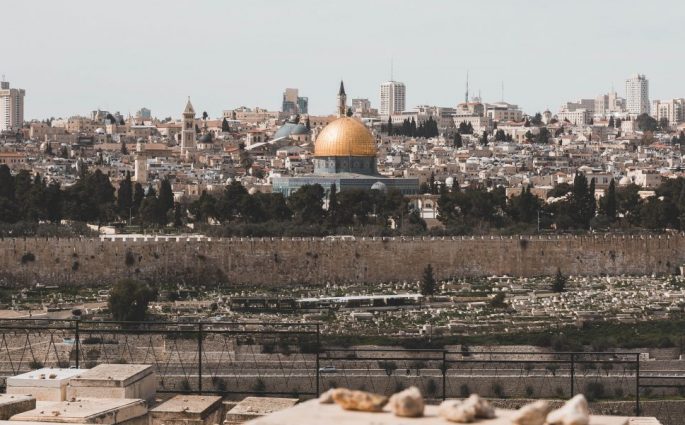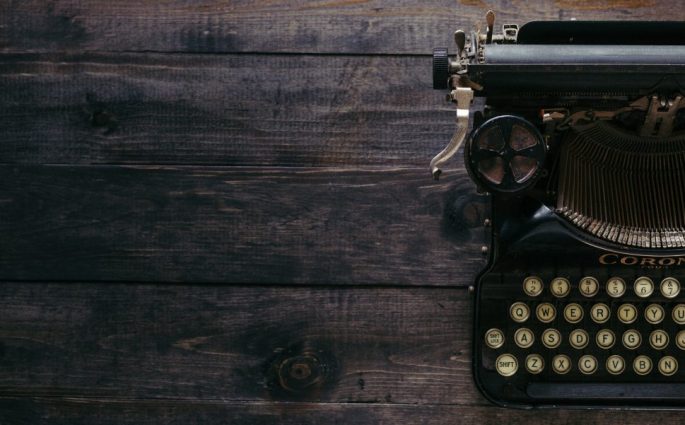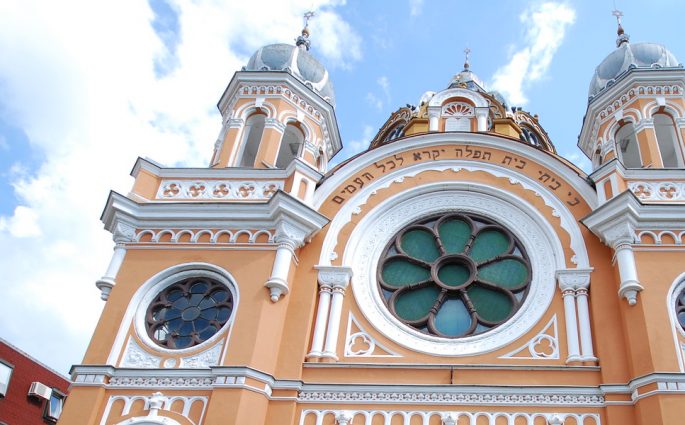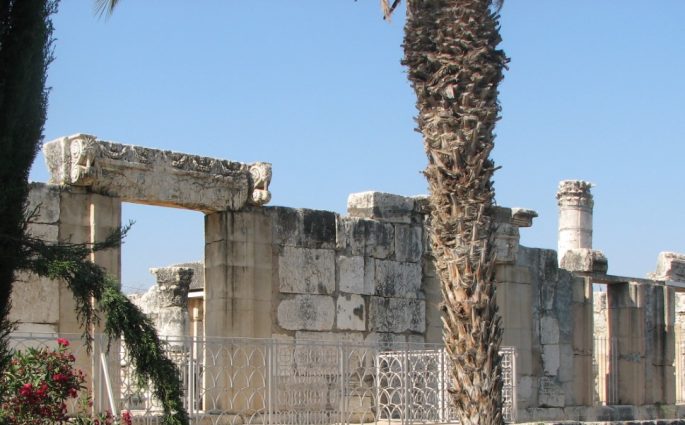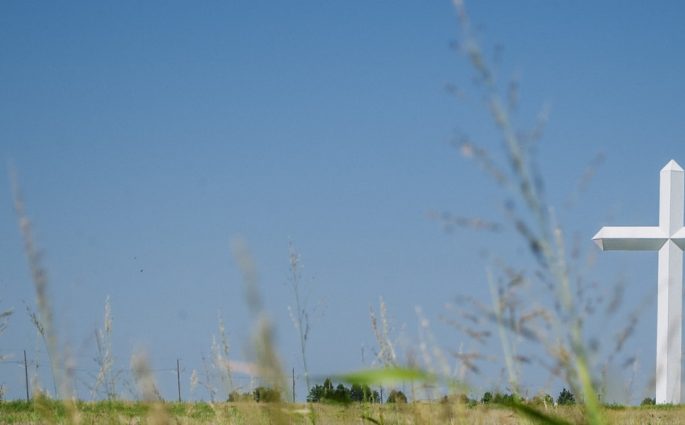Why Munch Painted
Karl Ove Knausgaard— I knew why Munch painted, I knew it so well that I could articulate it with a single sentence. And it resembles the sentence spoken by the author with his sweater tucked into his trousers. I write because I am going to die. I paint because I

